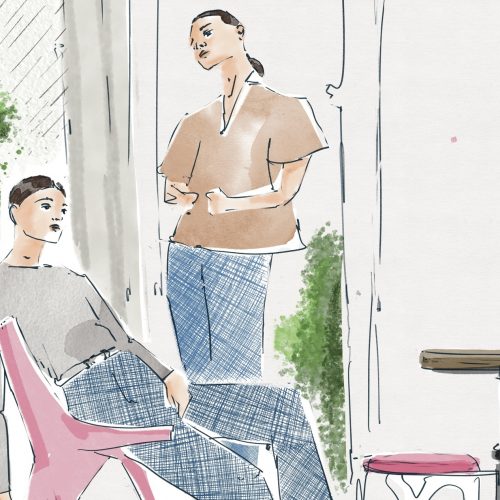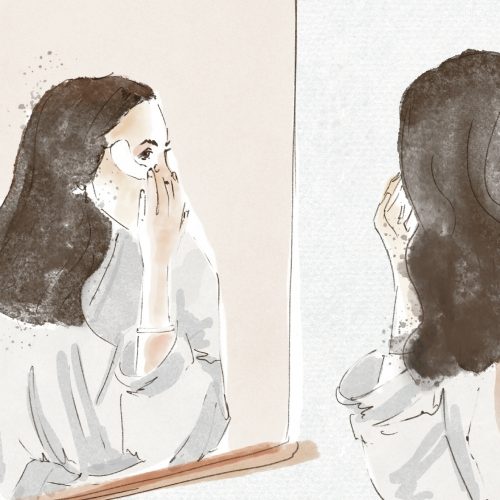Disrupting Fashion Education
We have a problem in fashion, we all know it, a problem with how it is produced, how it is consumed, how it is disposed of, and how it treats people in its supply chain. The challenge we face to affectively disrupt the mainstream system of fashion is just that, it requires systems change.
To receive the Luxiders newsletter, sign up here.
Most disruptions are aimed at one component of the system, not the entirety of it. That is why we see so many collections focused on a single aspect of intervention such as waste reduction, animal rights, or a reduced carbon footprint, when the reality is, we need to address the system itself to affect systemic change. The system of fashion however is pervasive, encompassing every process from conception and ideation, through design, material selection, production, marketing, and PR, and that is why we need to change not only how we practice the craft, but also how we teach it.
In academia, sustainable fashion is too often taught as an add on, an additional course, lecture, or module, one that augments and supports the mainstream system of fashion. Too often it is considered just another topic that needs to be crammed into curricular content already over-stuffed with the necessary design development, pattern making, material knowledge and illustration, in addition to a host of digital needs such as photoshop, illustrator, and Computer Aided Design. In order to affect systemic change however, a paradigmatic shift in how we teach, produce, sell and consume fashion is required. The complexity of the multiple impacts of fashions interconnecting systems has too often led to over-simplification in understanding and practice, that reduces sustainable design to a tick box exercise, instead of transforming systems and organisations, based on new markers of success.
If we follow the traditional process of design development as it is taught and practiced, it starts with inspiration, where far too often designers treat the world as their oyster, full of wonderful people and places to utilise without consideration of meaning, or rights, too often resulting in cultural appropriation. In the design stage where ideas are put to paper, many schools still use the 9 heads measure of fashion illustration; that is when the height of the head is used as a measure to estimate body proportions – proportions that mimic the ideals of a catwalk model, and around two and a half heads taller than the average. This single ideal of beauty, so perpetuated by the fashion industry from sketch through to photo has resulted in major challenges to women’s self-esteem and body image, bombarded as we are with an ideal of beauty we can never attain.

The sample making process, where those 2-dimensional concepts are tested in three dimensions further establishes this unattainable ideal of beauty with samples produced in size 4, when the national average is between a size 14 or 16 dependent upon your geography, and 5’ 4” in height, when fashion models conform to a minimum height of 5’ 8”. Fashion shows, advertising, editorials, all perpetuate this unhealthy and unrealistic ideal. Check this article about body positivity to understand what I mean.
The system also dictates the path to success for a fashion designer, as they move from small emerging status to global brand. This notion of success is grounded in the concept of perpetual growth and expansion, selling to key stores and accounts, and participating in fashion week catwalk shows en-route. Instead of focusing on the quality and longevity of the product, or the human, animal or environmental standards, success is measured by the amount of product sold.
A NEW ACADEMIC PERSPECTIVE
From an academic perspective, real change requires entirely new programmes and models of teaching and learning, based on new markers of success that properly address the complexity of the multiple impacts of fashions interconnecting systems. It requires the reassessing of the entirety of the system of fashion with systems change at the core, not individual interventions in an unsustainable system, one that is no longer fit for purpose.
Good fashion business programmes with sustainability at their core are few and far between. Most fashion programmes focus on design or alternatively on marketing and advertising where you might have the freedom to take a sustainability focus based on your own interest, but not a focus that is truly embedded throughout the programme. Alternatively lectures and projects with a sustainable core are squeezed into short projects or competitions from external stakeholders. For that reason, Kingston University London developed an entirely new MA - Sustainable Fashion; Business and Processes which is designed to create systemic change, and result in innovative and ethical solutions, and transformational systems and organizations. The programmes intent is to give participants the opportunity to develop innovative solutions and plot a new future for themselves and the fashion industry based on new markers of success, thereby displacing a dysfunctional system, and replacing it with practical and inspirational alternatives.
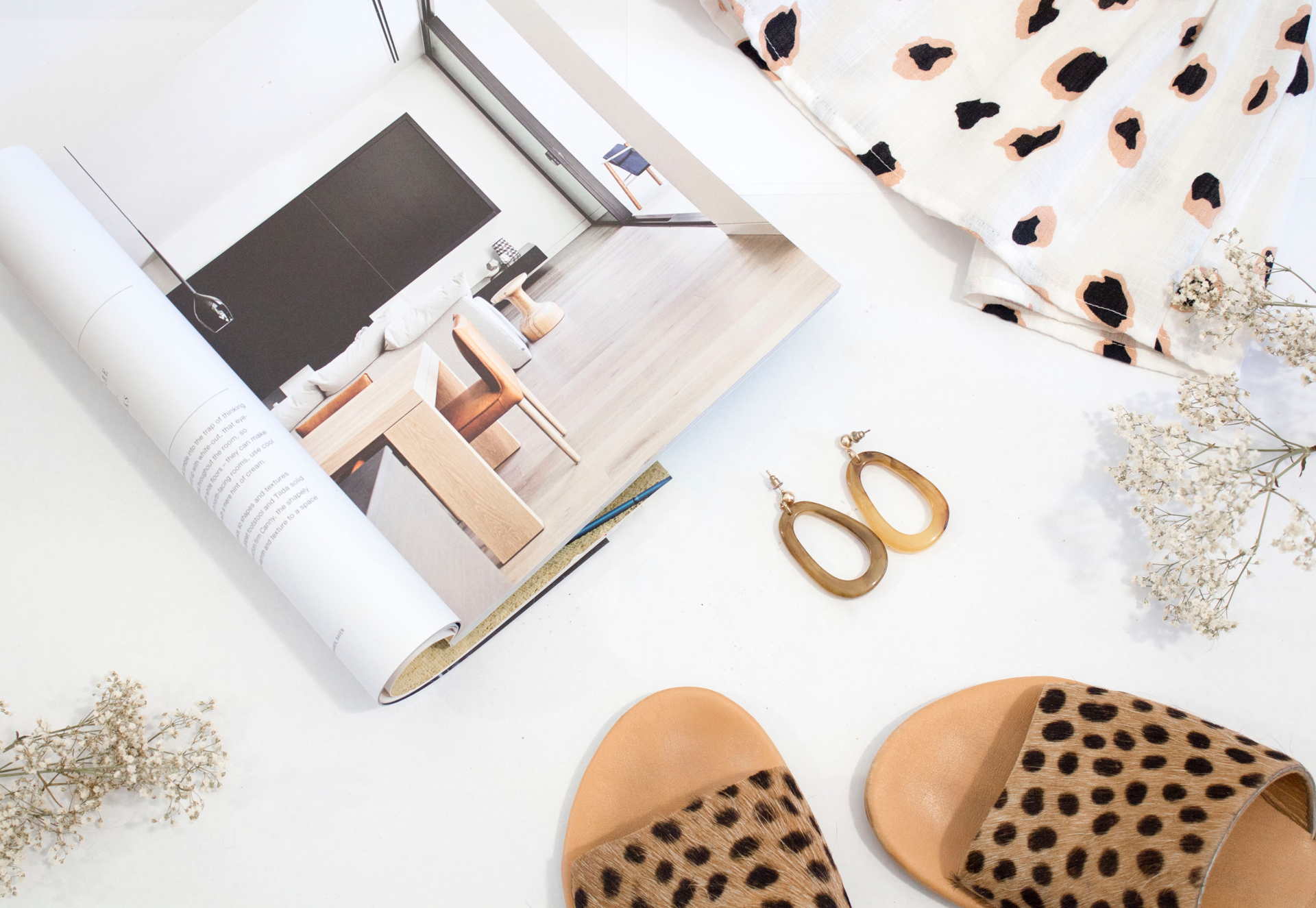
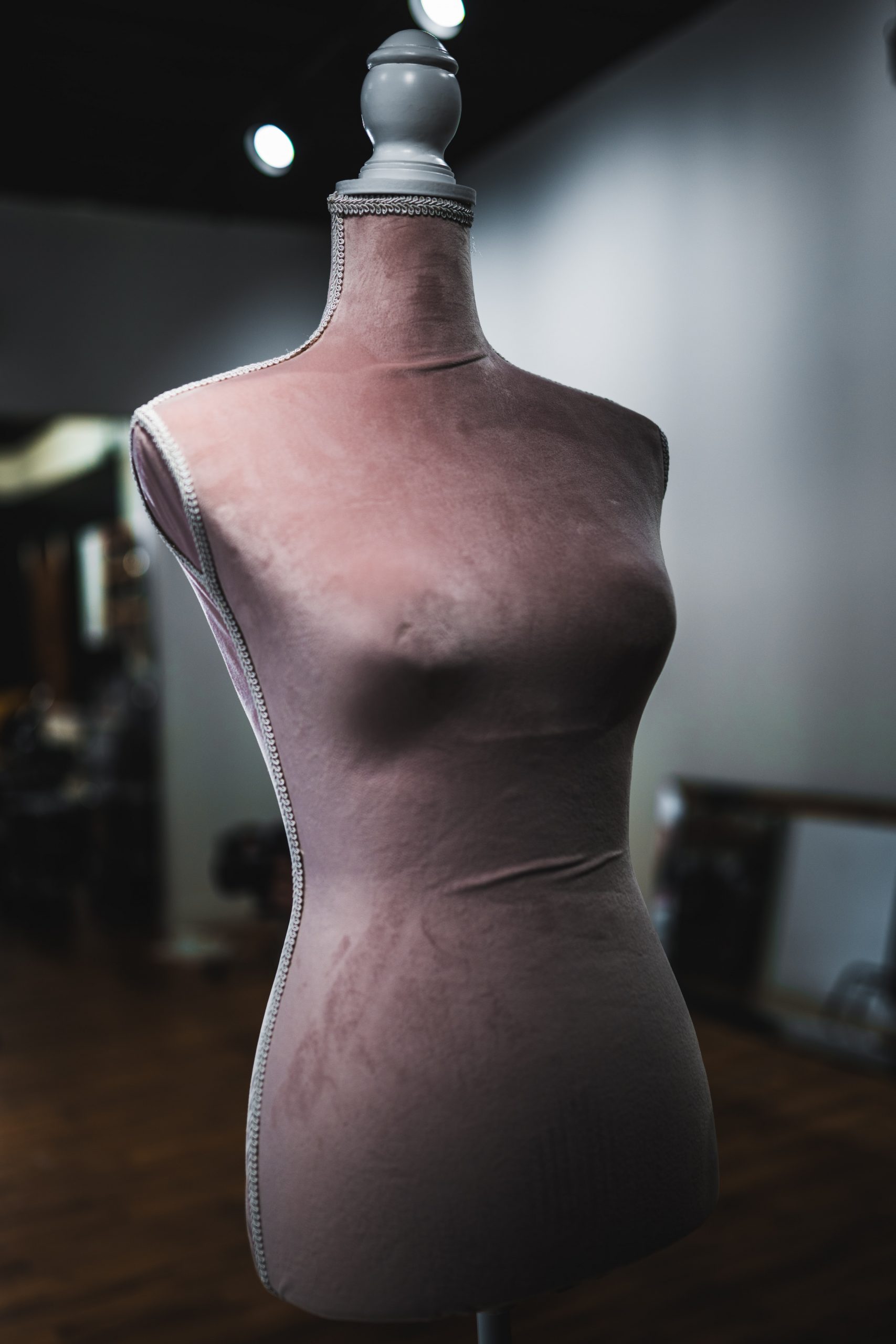
A RADICAL RETHINK OF TEACHING PRACTICE
The intent of the programme is to respond to the paradigmatic shift in knowledge and values as it pertains to fashion, through a radical rethink of teaching practice, and in direct response to creating a collaborative and sustainable business and practice-based discourse. The course is a response to the realisation that the fashion system is broken, and that current sustainability solutions in fashion are simply band aids that support a system no longer fit for purpose.
The aim of the program is to develop projects over a diversity of mediums, platforms, and processes, and challenge the accepted and traditional methodologies within the fashion system, to cause students to question every step of the process from inspiration through production, sales, marketing, and end of life. This is design as a problem-solving tool, not a means to produce more stuff.
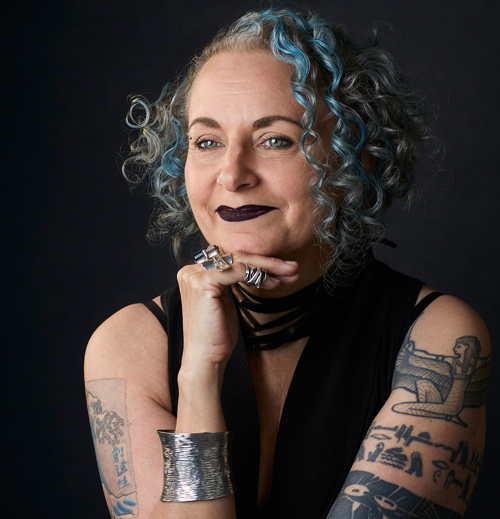
+ Words: Sass Brown
Previously the Founding Dean of the Dubai Institute of Design and Innovation, Sass Brown is the course leader for Kingston University London’s newest MA – Sustainable Fashion: Business and Practices. Brown completed her PhD in 2021 on Global Artisanship and Models of Sustainable Development. As a researcher, writer and educator, Brown's area of expertise is ethical fashion, and her publications include the books Eco Fashion and ReFashioned.


